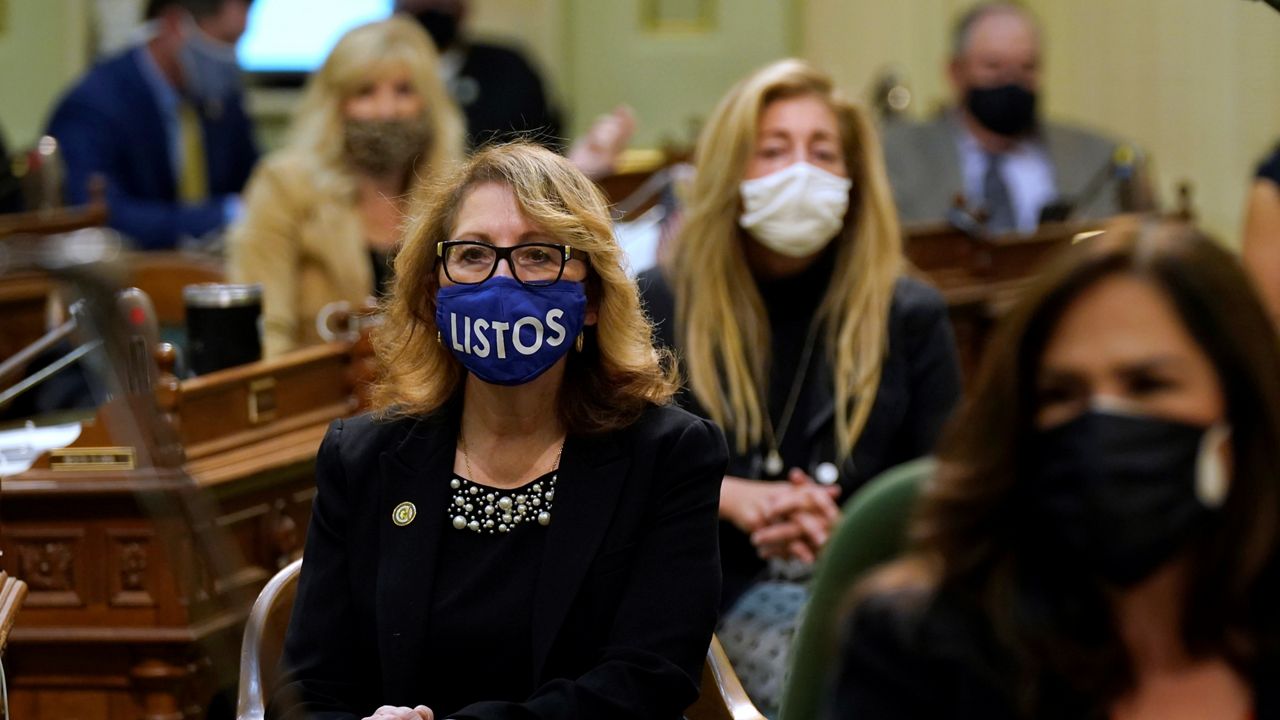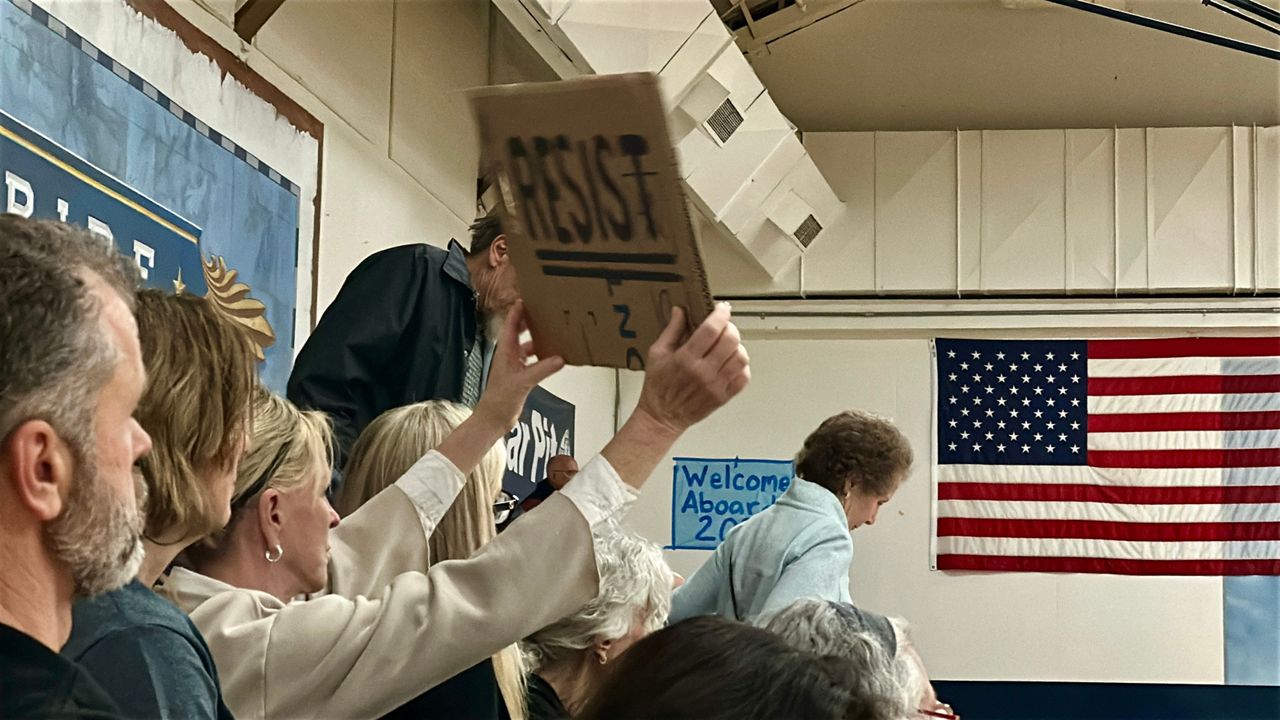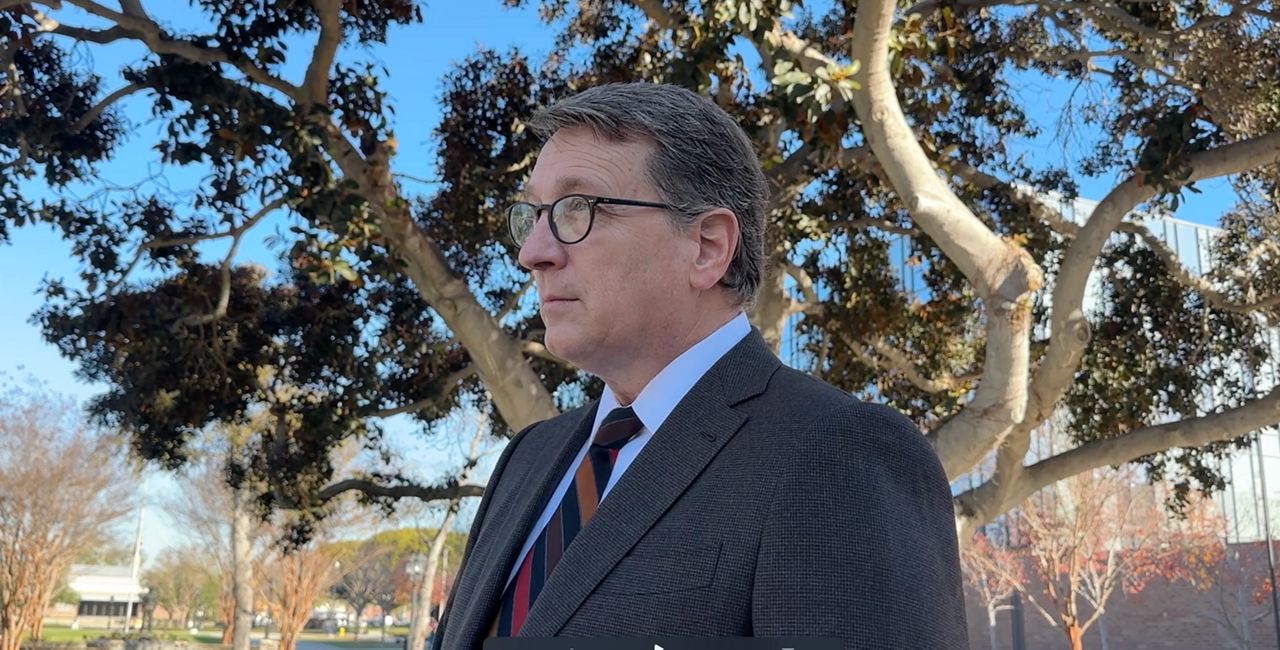CALIFORNIA — A new bill sitting on Gov. Gavin Newsom's desk could expand rent relief protections by $120 million for Californians over the next three years.
Senate Bill 128, which has enjoyed bipartisan support, would extend safety nets for some of the state's most vulnerable residents.
That money would support existing efforts in Orange County to prevent evictions.
Cities around the county, including Irvine, Anaheim and Santa Ana, have initiated their own state and federally back rent protection programs offering vulnerable tenants money to pay rent, even utilities. But each is funded for months, not years, and advocates say rent insecurity extends far beyond the effects of the pandemic. The new money would help supply tenants with legal defense in the face of eviction.
SB 128 follows existing legislation passed in response to the pandemic. California signed into law the Tenant, Homeowner, and Small Landlord Relief and Stabilization Act and the COVID-19 Tenant Relief Act.
"It's not just about looking at the immediate need but looking at the long-term as well," said Karen Alvarado, the lead organizer for Orange County Congregation Community Organization. "People need to be as well protected as possible to make sure they have the recovery time they need from this pandemic."
The organization has presences in many cities in Orange County with large low-income populations like Anaheim, Santa Ana and Fullerton. Through canvassing and phone banks, Alvarado said she and her organizers have learned that the breadth of the problem is difficult to measure with hard data. Many respondents are nervous about advertising to strangers their living circumstances. Some have another family or even two other families living with them in a single apartment. Others are undocumented. That means many needy renters may be unprotected by other one-time benefits provided over the last year.
"A lot of our folks don't even qualify for unemployment," Alvarado said. "A lot of people can take advantage of it, but a lot can't when you're talking about marginalized communities."
Lawmakers' task now is to convince Newsom that the money is crucial to maintain housing security for many residents and protect against another spike in homelessness.
Assemblyman Jesse Gabriel (D-Woodland Hills, Calif.), a champion of the bill, said it's only a piece of the solution.
"This shows we're in it for the long haul," he said.
California already has placed pressure on cities to expand affordable housing, launching lawsuits against the reluctant ones. And homelessness commissions and tasks forces have multiplied. Newsom has also trotted out popular programs like free pre-K for qualifying families.
All those social programs are designed to relieve the strain of financially strapped Californians. But each solution is fighting against wage stagnation, a challenging rent market and ever-increasing housing prices.
"People are becoming homeless quicker than they can be housed," Gabriel said.
California is in a position to invest in solutions for many of these problems. Unexpectedly, there's no shortage of money, and with a recall looming for Newsom, no lack of will to spend it.
California fared better than expected during the pandemic, earning tens of millions on a strong performance in the stock market. And on June 15, many mask ordinances disappeared, returning much of life in the state to normal.
The emphasis of this new money is to create more time for the other pieces of the solution to fall in place.
"We have to walk and chew gum and do a bunch of other things at the same time," Gabriel said.










